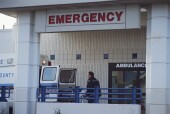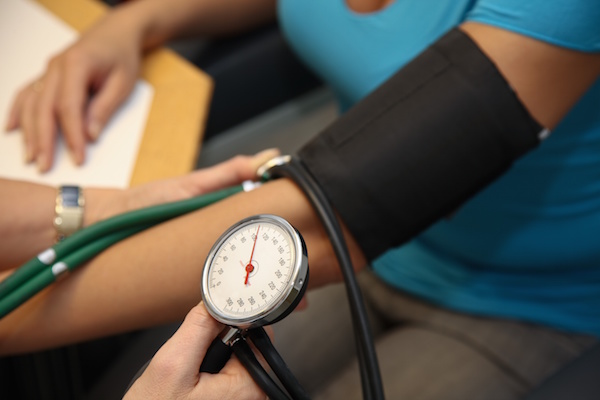
WEDNESDAY, March 28 (HealthDay News) — There is no evidence that pay-for-performance programs in U.S. hospitals improve patient survival, a new study says.
Pay-for-performance programs, which pay hospitals to improve their quality of care, have gained wide acceptance in the United States, and Medicare has spent tens of millions of dollars on rewards in this area. The 2010 Affordable Care Act calls for the Centers for Medicare and Medicaid Services to expand pay-for-performance to nearly all hospitals in 2012.
But this Harvard School of Public Health study raises questions about whether this approach actually improves patient care.
The researchers compared 252 hospitals participating in Medicare’s pay-for-performance program with hospitals that weren’t part of the program. Examining 30-day mortality rates for more than 6 million patients with heart attack, congestive heart failure, pneumonia or coronary artery bypass graft surgery, researchers found no differences in overall survival between the two groups of hospitals.
The researchers also found no differences in results for conditions specifically targeted by the incentive program, such as heart attack and coronary bypass graft surgery.
“These results suggest that the way we have currently conceived of pay-for-performance is unlikely to have any meaningful impact on patient outcomes,” lead author Ashish Jha, associate professor of health policy and management at the School of Public Health, said in a university news release.
“We need to better align financial incentives with delivery of high-quality care,” Jha said. “This study suggests that in order to improve patient care, we are going to have to work a lot harder to identify and implement an incentive program that works.”
The study appears online March 28 in the New England Journal of Medicine.
More information
The U.S. Agency for Healthcare Research and Quality offers advice about choosing quality health care.

